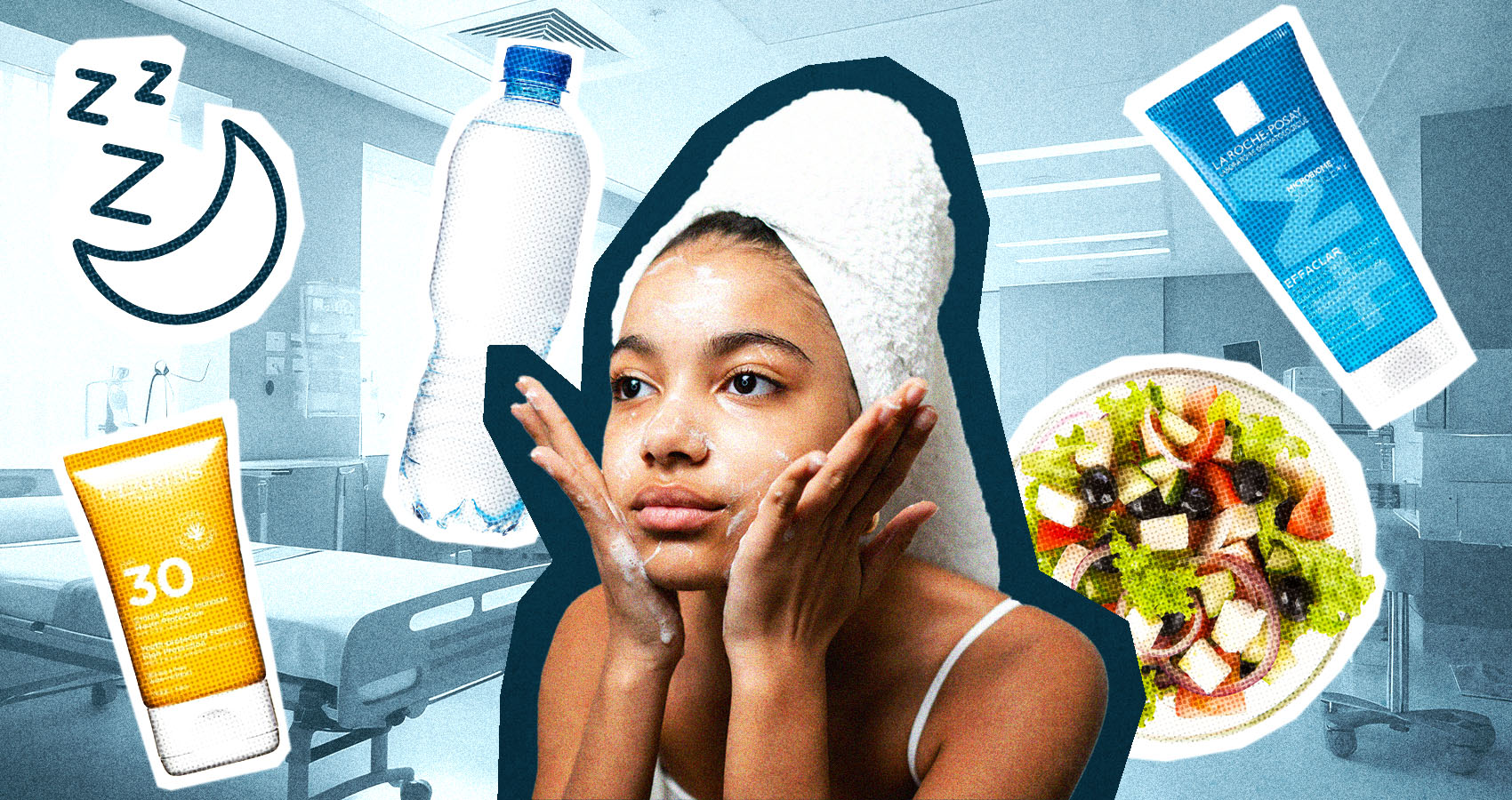
9 Ways To Maintain Skin Health During Treatment
Essential tips for healthy and comfortable skin.
When you're undergoing medical treatment, it's easy to overlook your skin. But here's the thing - your skin is your body's largest organ and its first line of defense.
Neglecting it during this time can lead to added discomfort and stress, both of which are the last things you need. Understanding how to tend to your skin can help you feel a little more at ease and enable you to focus on the bigger picture - your healing and well-being.
This guide breaks down nine practical steps you can take to help your skin stay healthy throughout your medical treatment.
1. Hydration

One of the easiest ways to support your skin is by staying hydrated. Intense medical therapies like cancer treatment and care can dehydrate the body. When your body is low on water, your skin is one of the first places you'll notice it - think tight, flaky, and dull skin.
2. Gentle Skincare Routine
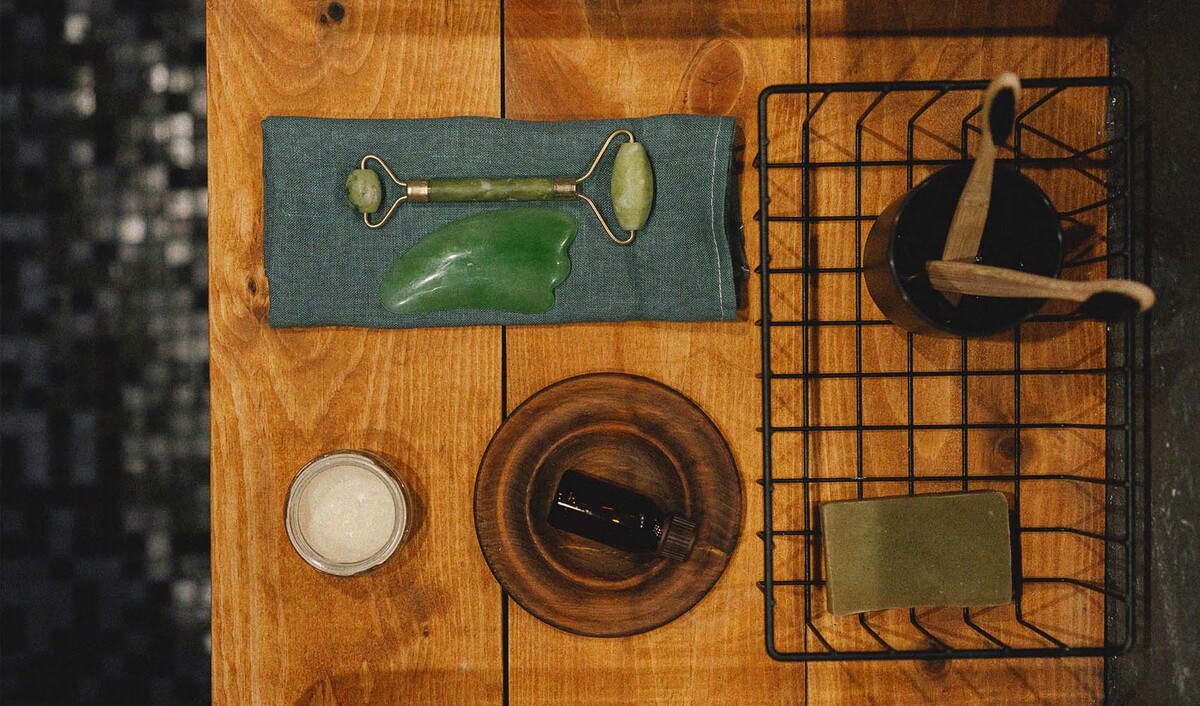
Your skin doesn't need complicated, pricey products to stay healthy. But it does need quality, consistency, and gentleness. Use a mild, fragrance-free cleanser to wash your face and body. Avoid scrubbing aggressively - even if it feels satisfying, it can weaken your skin barrier, making it more vulnerable.
Moisturizing is non-negotiable. Look for a cream or ointment with ingredients like ceramides or hyaluronic acid.
3. Sun Protection

Your skin may be more sensitive to the sun during medical treatment. Certain medications and therapies make your skin more prone to sunburn, even after just a few minutes of exposure.
Opt for a broad-spectrum sunscreen that offers SPF 30 or higher, and make sure it’s labeled as "physical" or "mineral-based" if your skin is reactive. Don’t forget protective clothing, wide-brimmed hats, and sunglasses when you're outside.
4. Avoiding Irritants
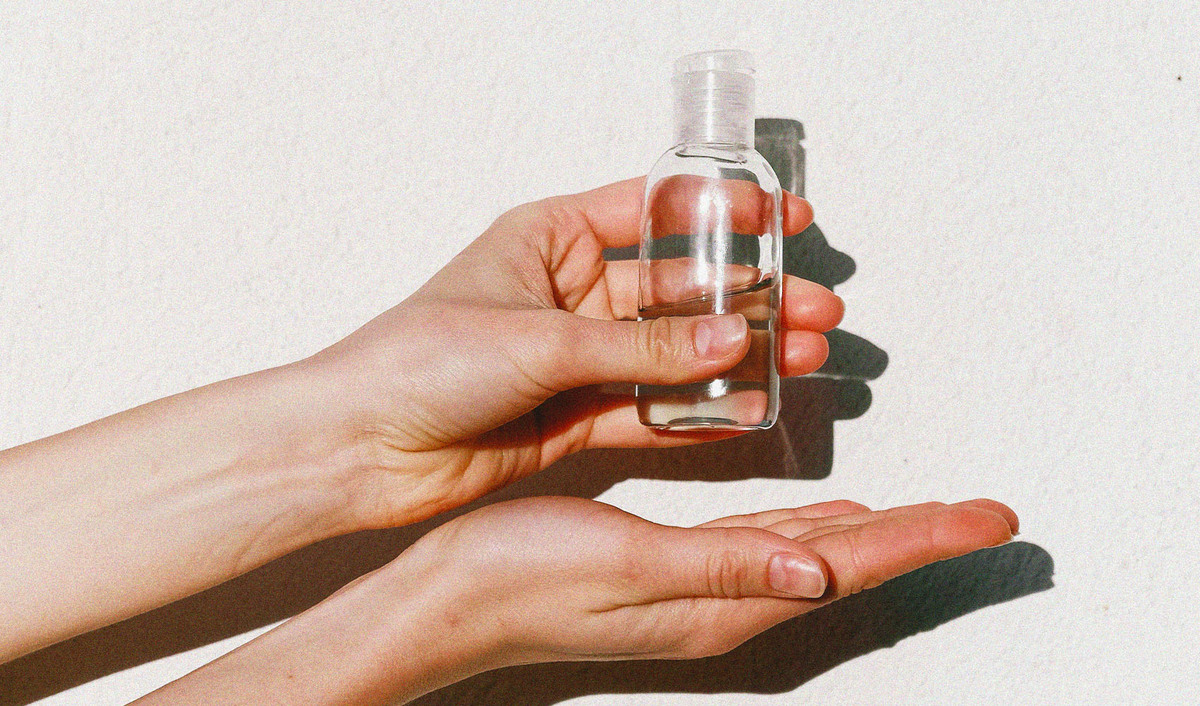
Your skin is doing its best to protect you, and avoiding irritants can make its job a little easier. Steer clear of harsh soaps, alcohol-based hand sanitizers, and cleaning products that leave your hands dry and inflamed. When it comes to laundry detergent, prioritize hypoallergenic, fragrance-free options.
5. Managing Side Effects
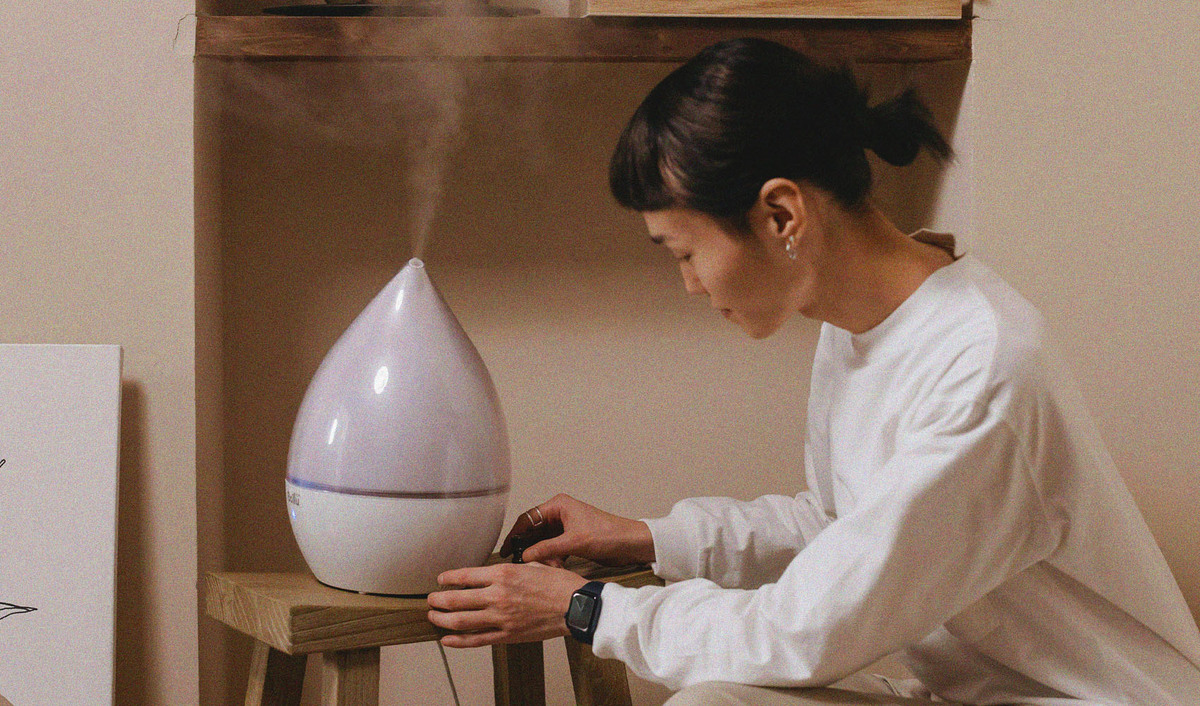
Medical treatments can bring unwanted side effects like rashes, dryness, or peeling. While this may sound frightening, there are ways to manage them.
For dryness, use a humidifier to add moisture back into the air - this can prevent your skin from drying out further. If you're experiencing peeling or cracking, never peel it yourself; instead, consult your doctor or dermatologist for targeted care.
6. Nutrition

To maintain skin health, focus on a diet rich in vitamins and nutrients that support skin repair and hydration.
Omega-3 fatty acids - found in salmon, flaxseeds, and walnuts - can help reduce inflammation. Antioxidants found in berries, spinach, and green tea fight oxidative stress, which can accelerate skin aging.
Collagen-rich foods like bone broth can also strengthen your skin barrier, making it more resilient. Don’t underestimate the power of fresh produce, lean proteins, and plenty of water - it all adds up.
7. Mental Well-being

Your mind and skin are more connected than they may seem. Stress, anxiety, or depression can manifest physically, worsening issues like acne, dryness, or sensitivity.
Carve out time in your day for activities that calm your mind. Whether that's journaling, meditating, or simply sitting in silence, your skin will thank you for prioritizing emotional health.
8. Sleep

Sleep isn’t just for rest; it's when your body repairs itself. This includes your skin, which goes into overdrive healing and restoring while you're snoozing. Aim for 7–9 hours of quality sleep each night.
If you're struggling with sleep due to stress or discomfort, try setting a calming bedtime routine. Limit screen time an hour before bed and keep your sleeping environment cool and dark.
9. Seek Professional Guidance
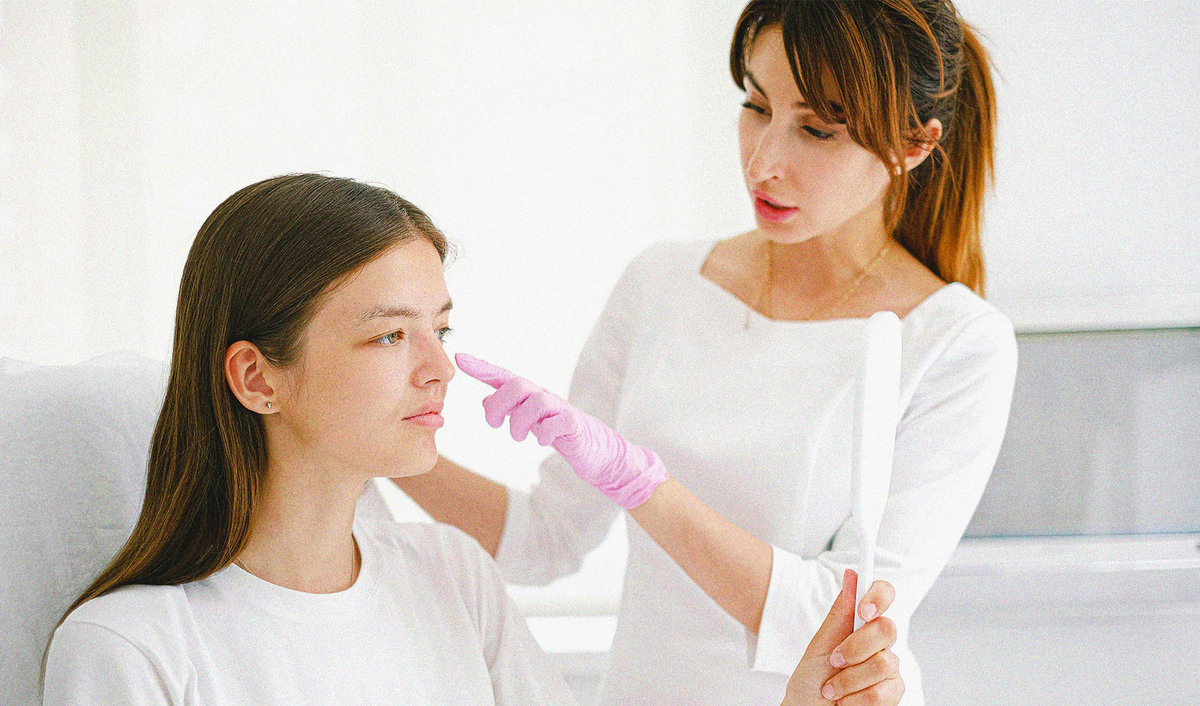
Every skin type reacts differently to medical treatments. If you're feeling overwhelmed by side effects or can't find a routine that works, consult a dermatologist.
They can provide recommendations that address your specific concerns, from prescription-strength treatments to over-the-counter solutions tailored to you.
Prioritize Your Skin’s Health
Taking care of your skin during medical treatment helps nurture your body. It’s going through so much, and giving your skin the care it needs can bring comfort and relief during a challenging time.
By staying hydrated, being gentle with your skincare, protecting yourself from the sun, and addressing side effects proactively, you’re sending a powerful message to yourself: that your well-being matters.
Every step you take toward better skin health is a step toward supporting your overall healing and resilience.










